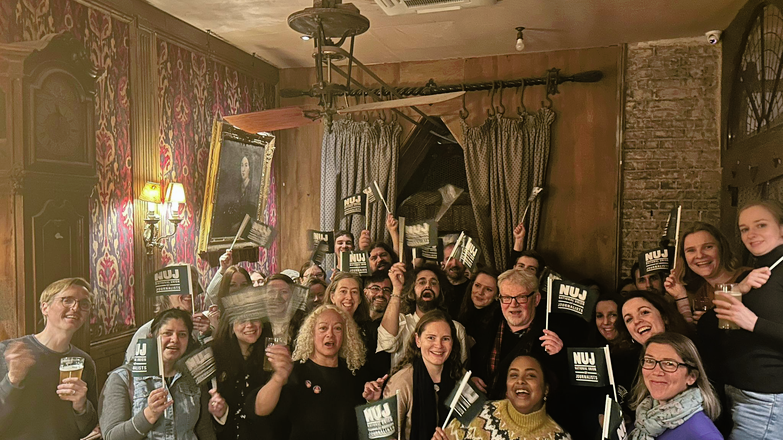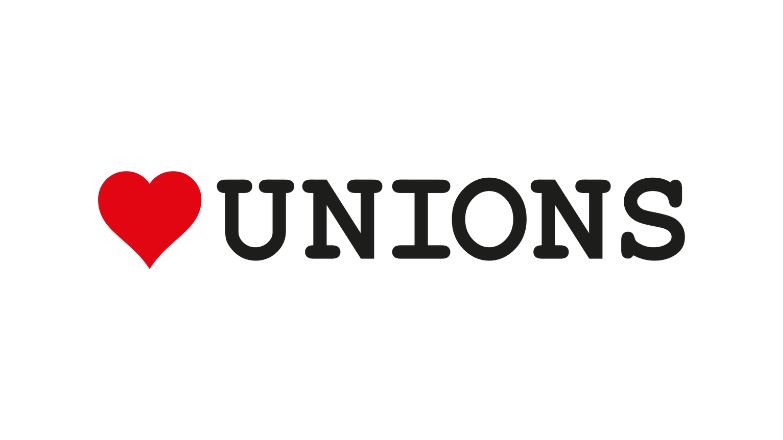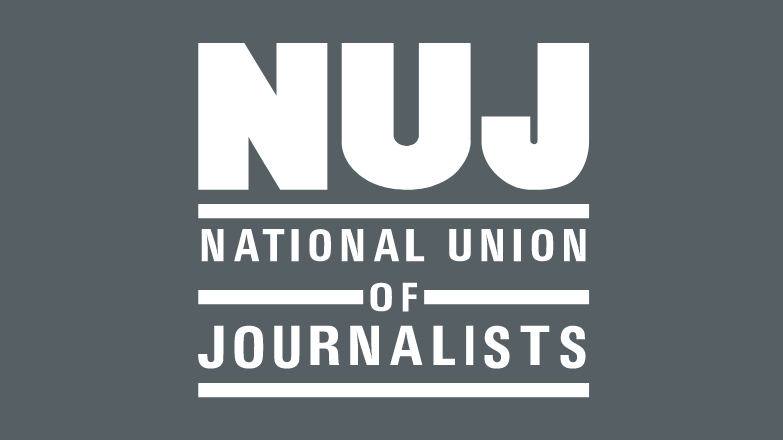For more than 100 years, the NUJ has fought for journalists and journalism. Today, the union is one of the largest independent journalists' unions in the world.
NUJ members work across the media, from newspapers, broadcasting and book publishing to magazines, websites, mobile devices, social media and PR agencies. Our members work across a diverse range of jobs – anything from reporting, writing, photography and editing to design, videography, communications and presenting.
Big or small, you will find NUJ members working in most of the media companies in the UK and Ireland.
The union works as hard for its members in an independent online news start-up or niche book publisher as it does for its members at large organised workplaces such as the BBC or the Guardian.
The union also has many members who are engaged in media work on behalf of non-media companies, including PR officers, website editors and social media officers.
Our members work in a variety of different ways, nearly 54% are staff, while over 46% are freelances.
These figures include people who work for agencies, as casuals or on fixed-term contracts.
Our membership includes students starting their career in the media and people who have retired. We provide specialist training for those building their career and campaign for improved pensions for those finishing.
The NUJ is committed to improving diversity in the media.
Women make up nearly 40% of our membership and over 7% of members define themselves as Black, mixed race or another minority ethnic group, while nearly 2% self-define as disabled.
Between them, the union's Black Members' Council, Disabled Members' Council and Equality Council tackle issues of prejudice and under-representation of minority groups as well as advising on organising and campaigning initiatives across the NUJ.
The NUJ is not affiliated to any political party. The union has a cross-party parliamentary group in Westminster to advocate on issues that matter to journalists and journalism. In the Republic of Ireland, the union has successfully lobbied successive Irish governments on issues such as freelance rights and professional journalistic issues. The union in Scotland and Wales has successfully negotiated funding for member training from the respective governments.



